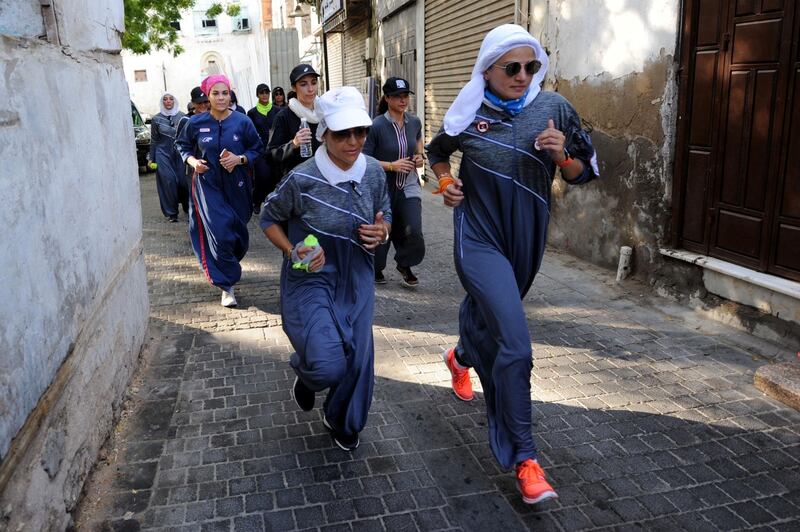For the opening of her book, The Veil and the Male Elite: A Feminist Interpretation Of Women's Rights In Islam, Fatema Mernissi chose the story of her encounter with her local grocer, in which she asks him a simple but provocative question: "can a woman be a leader of Muslims?".
Some years ago, when I was a 14-year-old girl, I pondered upon that same question myself, and many other queries besides, in an effort to explore where and how I fitted into the society around me.
But Mernissi, together with a multitude of other Arab women writers and scholars, would be relegated to small spaces within the labyrinth of my consciousness until I was much older. Upon finding them, I could trace the trails of the curious 14-year old girl among the intertwined pathways of their stories and I could rest temporarily the burdens of the more mature wanderer in me on the back of the visions they weaved.
Mernissi’s choice to open her book with a question that was both pointed and deliberate was designed to elicit strong emotional reactions. Research into the psychology of storytelling suggests that becoming immersed in a story, what is known as narrative transport, can lead to changes in behaviour and a shift in attitudes. Narrative transport happens when the writer is able, through the use of vivid mental imagery and the crafting of strong emotional connections, to fully immerse readers in the story and create a change to beliefs, attitudes and emotions.
This change to beliefs, attitudes and emotions remains central to women’s rights efforts in the region. And it is precisely why we need to bring to the forefront, and make visible, the work of Arab women scholars and writers who have long tackled not only women’s issues, but broader social issues and set-ups. It is also precisely why we need to integrate such forms of literature into our education curriculum, so we may reflect on an alternative yet integral narrative that today remains ignored.
A quick review of Arabic language curriculum at the secondary level across the region reveals an obvious lack of references to literature produced by women writers and scholars.
In one case, a review of modern Arabic literature referenced 27 key contributors, none of whom were women. And this is by no means due to a weak pipeline of Arab women writers.
An article in the Financial Times on contemporary Middle Eastern Literature concludes that more than 60 per cent of Arabic novelists are female. The first modern novel in Arabic literature was written by a woman, Afifa Karam, and was published in 1906 by Al-Huda newspaper. And even long before that, Arabic women featured prominently in literary circles and salons.
The multitude of Arab women writers and scholars have so much to offer, not only in chronicling their view of the world and the nuances of the complex environments they exist within. More so, they represent a fundamental catalyst for change that can reconstruct narratives and reshape landscapes across the social spectrum.
The 16th American president, Abraham Lincoln, paved the way for the abolition of slavery in the United States. It is reported however that he acknowledged the role of the American writer Harriet Beecher Stowe and her anti-slavery tale, Uncle Tom's Cabin, in sparking a public uproar against the horrors of slavery. And despite the racial stereotypes for which the novel was later criticised for, it managed at the time to bring those at the peripheries right to the centre. To that end, stories build our communities and change our world. They afford us the ability to see the world through the eyes of the other. And to that extent, change for women in this region needs a shift in the narrative and new storytellers.
Rana Askoul is a Middle East based writer, gender equality expert and a social change advocate





